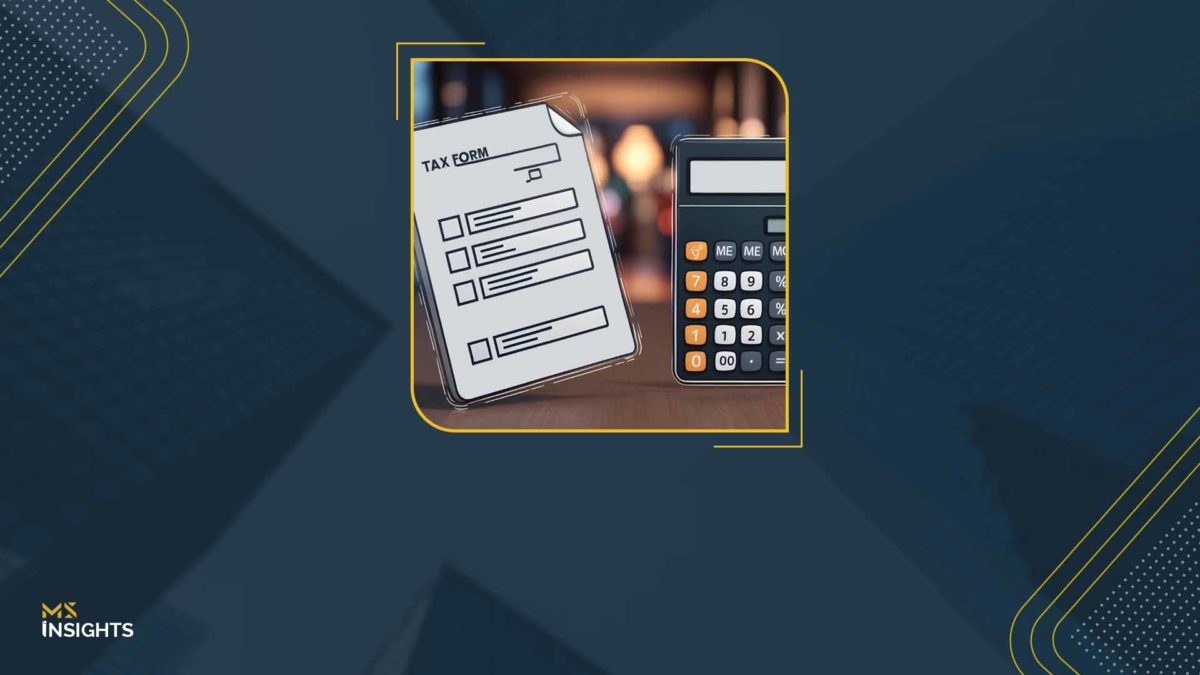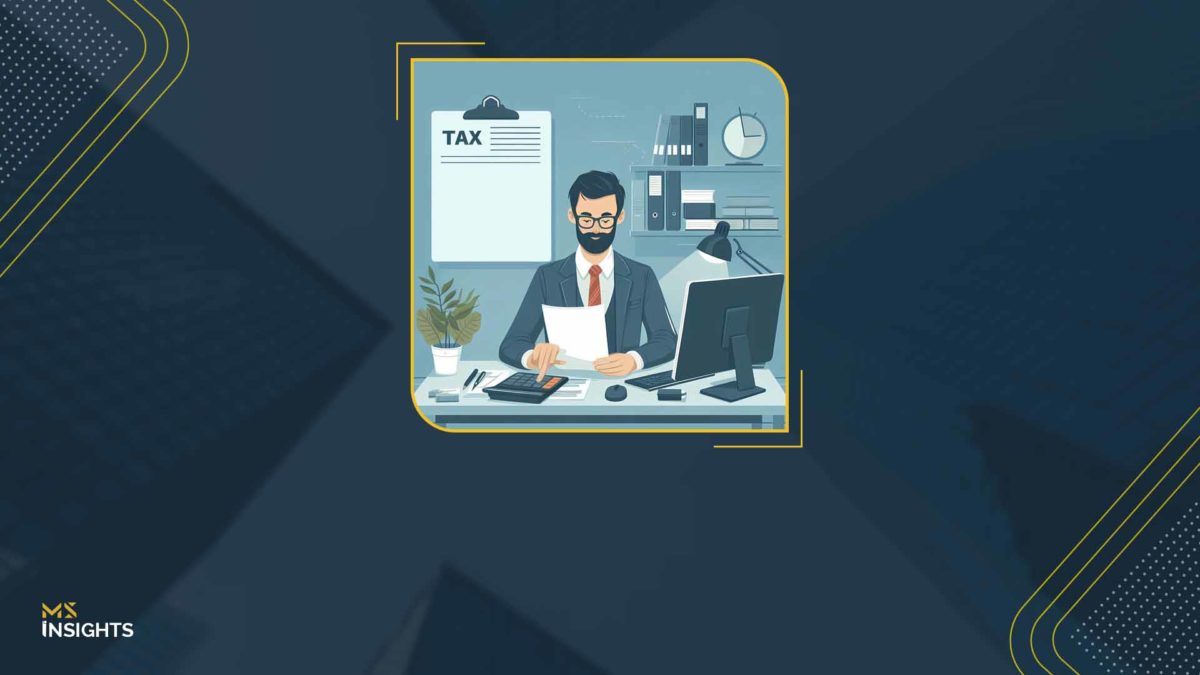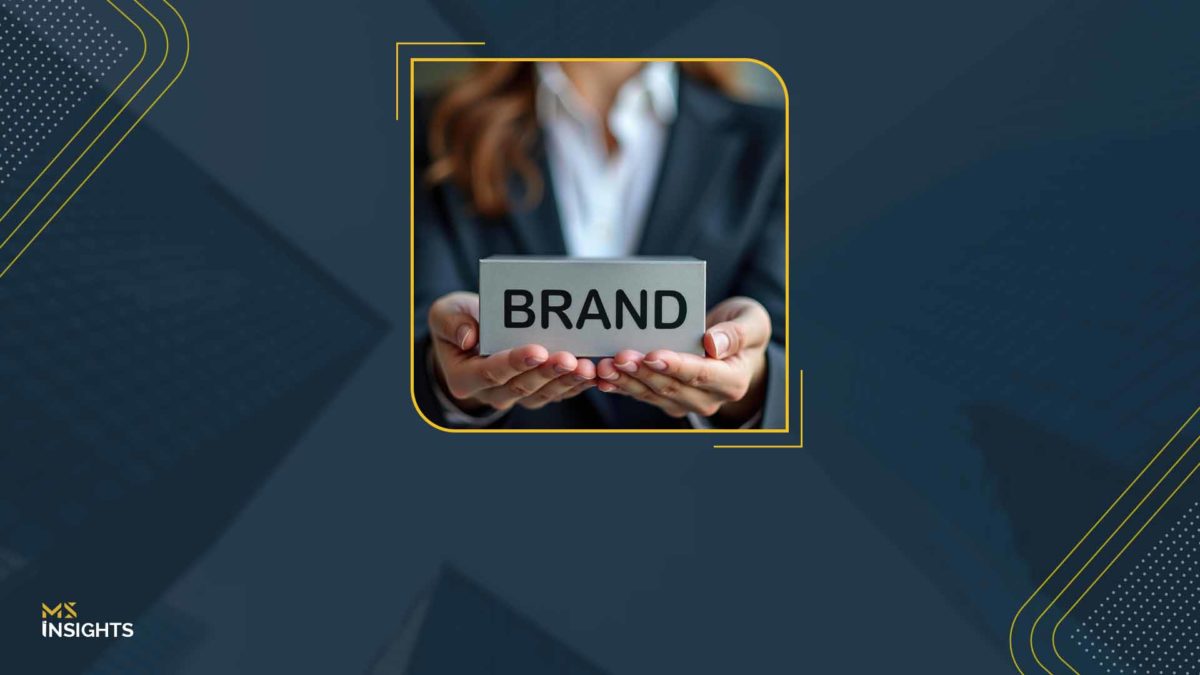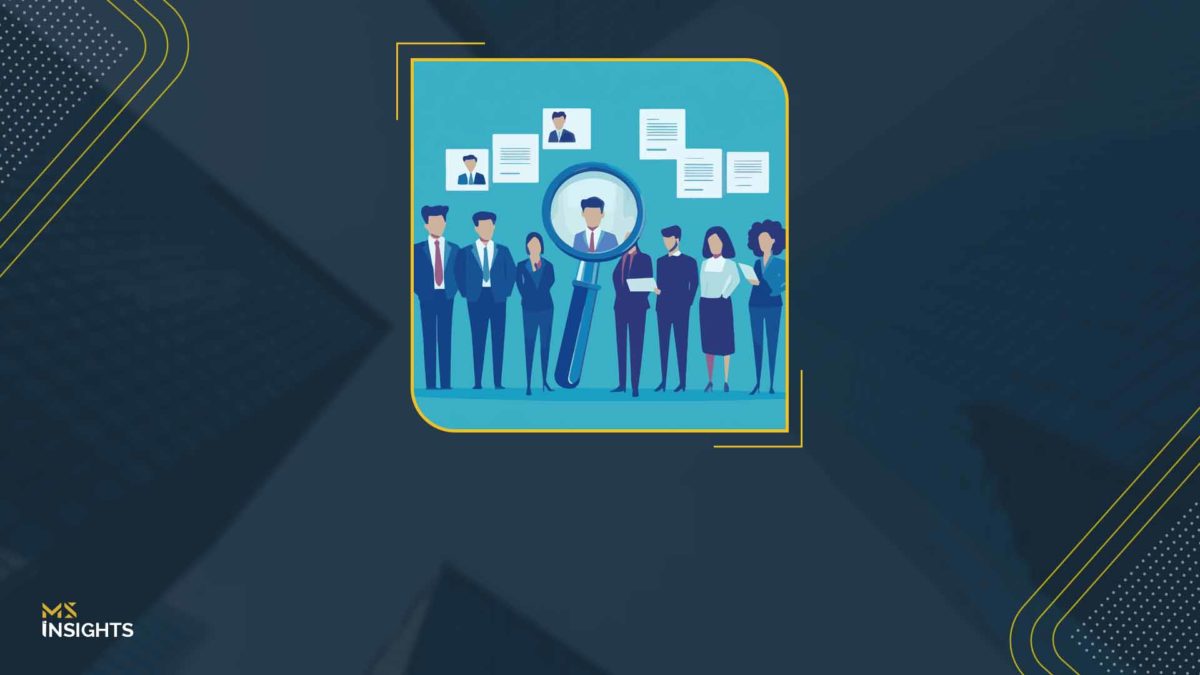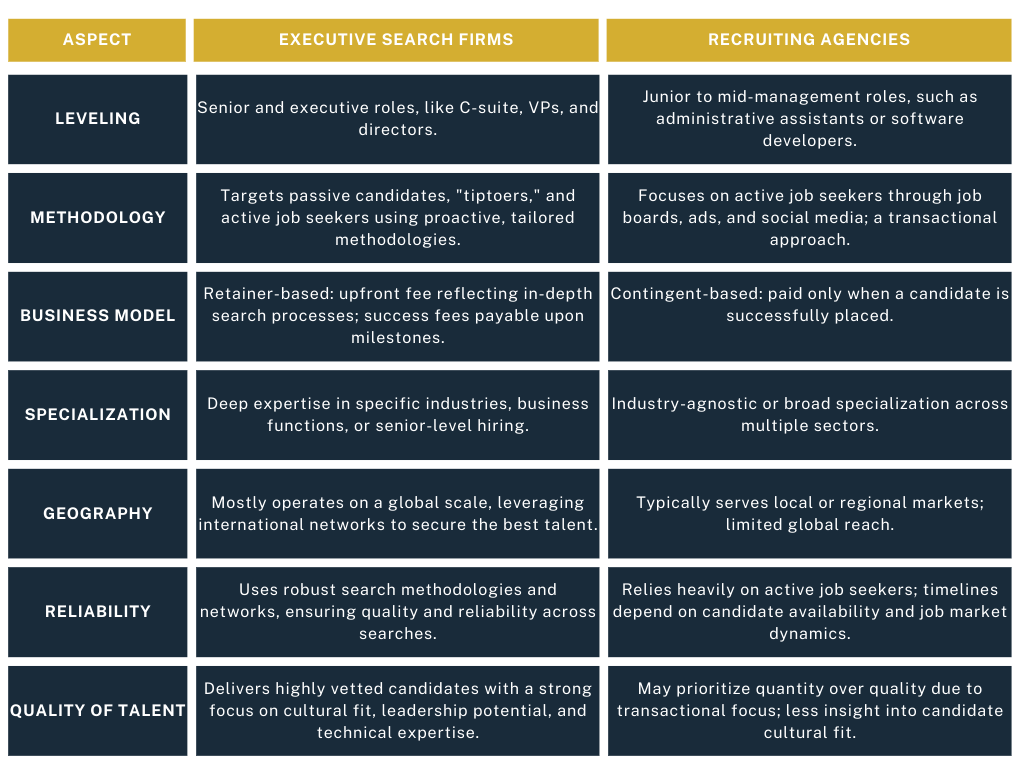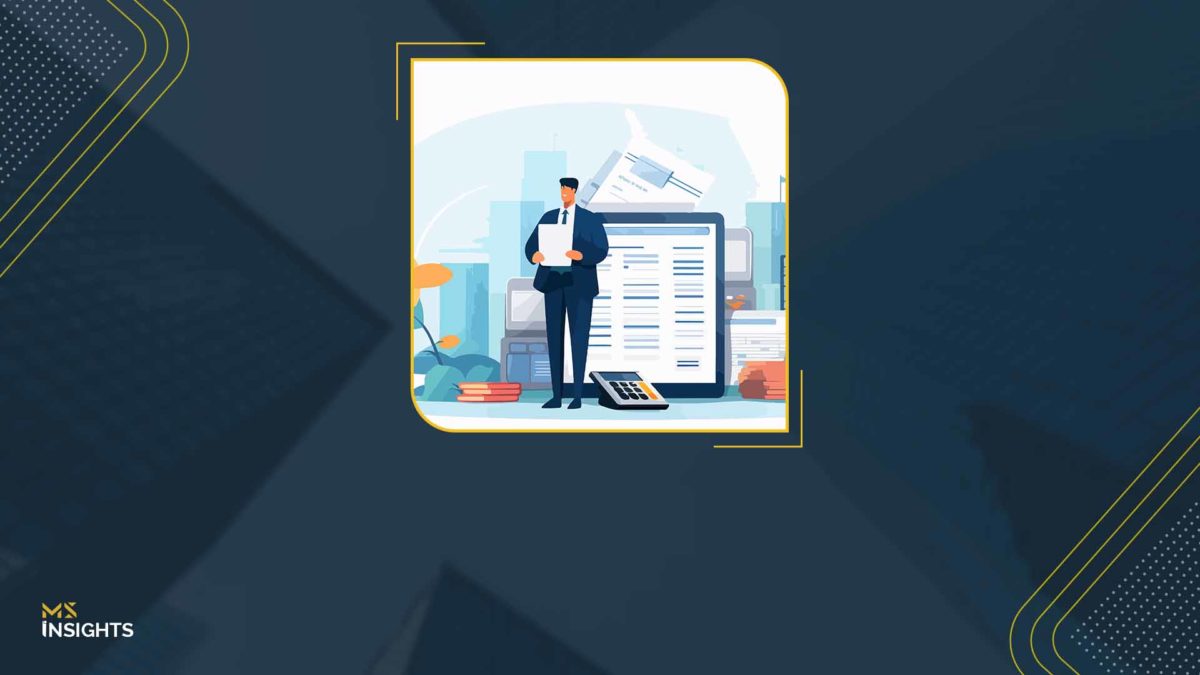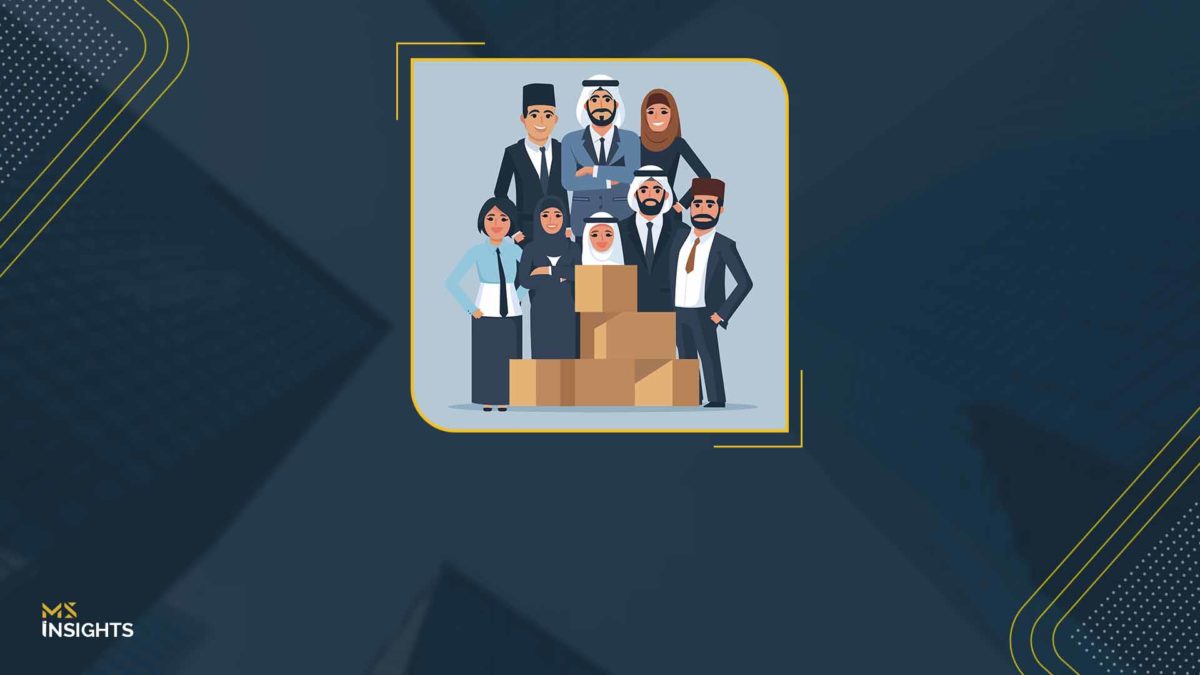VAT compliance in the UAE doesn’t have to be a headache if you know where the pitfalls are and take proactive steps. Small mistakes like missing deadlines or submitting incorrect returns can quickly lead to hefty VAT penalties. These penalties can add up quickly, making it challenging for businesses to stay on top of their finances. However, there’s some good news: the UAE’s Federal Tax Authority (FTA) has introduced a grace period where businesses can benefit from a waiver of VAT penalties for updating the records, offering them a valuable opportunity to reset and get back on track without incurring hefty fines.
As per Cabinet Decision No. (74) of 2023, registered taxpayers must notify the FTA of any changes to their information within 20 working days using the FTA’s approved form and process. By taking advantage of this waiver, businesses can correct mistakes, file missing returns, or deregister from VAT without facing financial penalties. It’s an excellent chance to avoid further penalties and ensure that your business stays compliant with the law.
Most common VAT penalties you can avoid
VAT Registration Penalties
If a business fails to complete VAT registration within 30 days after exceeding the threshold, a fixed fine of AED 10,000 (~USD 2,750) will be imposed.
Deregistration for VAT
Businesses must apply for VAT deregistration within 20 business days if their taxable supplies fall below AED 187,500 annually or if they cease operations. The penalties for non-compliance are:
- AED 1,000 for the first offence.
- AED 1,000 for each additional month of delay, capped at AED 10,000.
Late VAT Filing
VAT returns must be filed within 28 days of the end of each tax period. Missing the deadline results in:
- AED 1,000 for the first late filing.
- AED 2,000 for repeated delays within 24 months.
Late VAT Payments
VAT payments are due within 28 days after the end of each tax period. Delayed payments are penalized as follows:
- 2% of the unpaid VAT immediately after the due date.
- An additional 4% fine if the VAT remains unpaid after 7 days.
- A daily 1% penalty thereafter, up to 300% of the unpaid VAT amount.
Incorrect VAT Returns
Submitting inaccurate returns can lead to VAT penalties:
- AED 3,000 for the first error.
- AED 5,000 for subsequent errors within 24 months.
Failure to Maintain Proper Records
Businesses are required to maintain detailed records, such as invoices and tax calculations, for at least five years. Failure to comply results in:
- AED 5000 for the first instance of improper recordkeeping.
- AED 10.000 for repeated violations.
Failure to Issue VAT Invoices
VAT-registered businesses must issue valid invoices for taxable transactions. Penalties for non-compliance are AED 5,000 for each missing or incorrect invoice.
Non-Compliance in Designated Zones
Goods transferred within UAE Designated Zones must adhere to specific VAT rules. Penalties for non-compliance include AED 50,000 or 50% of the unpaid VAT, whichever is higher.
Submission of Incorrect Information
Providing false or incorrect details during VAT registration, filing, or updates can result in:
- AED 3,000 for the first instance.
- AED 5,000 for repeated inaccuracies within 24 months.
Voluntary Disclosures
If a business discovers errors in its VAT returns, it must submit a voluntary disclosure to correct the mistake:
- Errors under AED 10,000 can be adjusted in the next VAT return.
- Errors above AED 10,000 require notification to the FTA within 20 working days using a disclosure form.
VAT Penalties for non-compliance:
- AED 1,000 for the first voluntary disclosure.
- AED 2,000 for subsequent disclosures.
Additional fines may apply for underpaid taxes or during FTA audits.
Late Penalty Payments
Penalties issued by the FTA must be paid within 20 days. If unpaid, further fines are imposed:
- A 4% monthly fine on the unpaid amount.
- Total fines may reach up to 300% of the original penalty.
VAT Penalties Waiver: FTA’s New Initiative to Support Businesses in the UAE
The FTA has introduced a new initiative to help VAT-registered businesses in the UAE update their records without facing penalties, effective from January 1, 2024, to March 31, 2025. Any VAT-related penalties imposed between January 1, 2024, and the start of the grace period will be automatically reversed. Businesses that have already paid these penalties will receive refunds credited back to their tax accounts, without needing to take further action. This initiative supports VAT compliance by easing the burden of past penalties and encouraging accurate record-keeping.
Avoid VAT Penalties Effectively with MS
Managing VAT compliance doesn’t have to be overwhelming if MS is there to handle it for you. Our team of tax experts is equipped to assist with VAT registration, accurate filings, voluntary disclosures, and recordkeeping, ensuring your business stays compliant with FTA regulations without incurring any VAT penalties. With the recent penalty waiver initiative, now is the ideal time to resolve any past compliance issues and optimize your VAT processes. Let us simplify VAT compliance for you.
